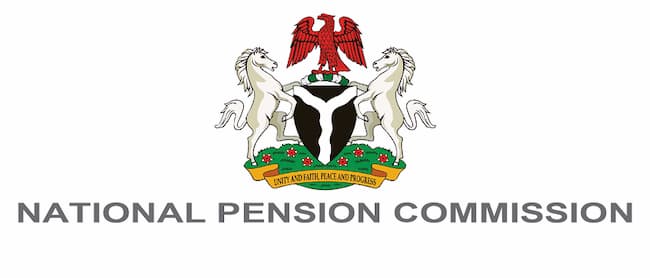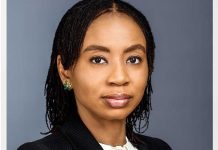Contributory Pension Scheme total assets rose by N190bn in the month of January, figures from the National Pension Commission (PenCom) have revealed.
PenCom disclosed this in its report titled, ‘Unaudited Report on Pension Funds Industry Portfolio; Approved Existing Schemes, Closed Pension Fund Administrators and RSA Funds.’’ The report said the funds rose from N13.42tn as of the end of December 31, 2021 to N13.61tn as of January 21, 2022.
According to the report, the pension operators have invested N8.35tn in Federal Government securities, while N2.28tn and N123.4bn were invested in mutual funds. The Pension Funds Operators Association of Nigeria said safety and transparency were inbuilt into the scheme.
It stated that, “The CPS which Nigeria currently practices has inbuilt checks and balances embedded into the system. The model is such that the Pension Fund Administrators who administer and make investment decisions do not have custody of the funds.
“The custody of all the pension funds are held with separate and independent entities – the Pension Fund Custodians. These PFCs are owned by four of Nigeria’s largest banks.
“Furthermore, these banks give irrevocable guarantees on pension funds held in their custody, so if anything happens to the fund’s while in their custody, it will be refunded by the parent organisation.”
According to the association, there is a guarantee on all funds contributed outside of possible diminution by investment activities, the association said.
In addition to the inbuilt safety structure of the CPS, the Pension Reform Act states that all pension operators must hire compliance officers who will be responsible for ensuring compliance with the provisions and regulations of the industry and the internal rules and regulations of the pension operators.
Pencom stated, “The summary of this section is that the CPS as currently practiced in Nigeria has inbuilt checks and balances and administrative safeguards unlike the previous Defined Benefit Scheme run by the government that is opaque and prone to corruption.”













